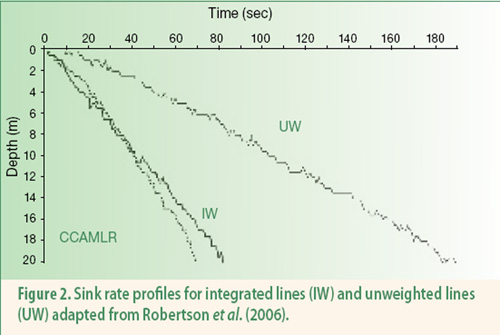Biologging4, the Fourth International Science Symposium on Bio-logging, along with associated workshops will to be held in Hobart, Tasmania, Australia over 12-18 March 2011. "Bio-logging" refers to the application of electronic recording devices to animals.
The Fourth International Science Symposium on Bio-logging aims to:
Advance the use of bio-logging technology to understand the behaviour, physiology and ecology of animals and their place in the environment, including the effects of climate change.
Promote diversity, quality, originality and cross-disciplinary partnerships in the development of observation systems that integrate biological, ecological, physiological and physical data.
The symposium, to be made up of series of theme sessions with oral and poster presentations and a number of workshops, has as one of its keynote speakers Dr Graham Robertson of the Australian Antarctic Division who for some years has recently been conducting research on reducing seabird mortality in longline fisheries as summarized on the Biologging web site:
"Attracted by the conservation imperative, in the early 1990s he broadened his horizons to include research with longline fishing industries on methods to reduce their impact on migratory seabirds. His principal endeavour is to develop science-based solutions to the problem of seabird mortality in longline fisheries and embed findings in conservation measures/regulation. He has conducted research on all the longline fishing methods in the world that endanger seabirds - demersal autoline, demersal Spanish system and pelagic. In 2004 he was awarded a Pew Fellowship to research seabird avoidance methods with the Spanish method of deep water longlining. In 2007 he switched to pelagic longline fisheries. He has completed numerous experiments to expedite gear sink rates and is currently working with an Australian engineering company to develop an underwater bait-setting system for tuna and swordfish fisheries. That research will come to a head in the spring of 2010 when he will complete a proof-of-concept experiment off Uruguay under worse-case scenario conditions for seabirds."
Click here and here for more news on Graham Robertson's longline mitigation research.
John Cooper, ACAP Information Officer, 2 December 2010

 English
English  Français
Français  Español
Español 